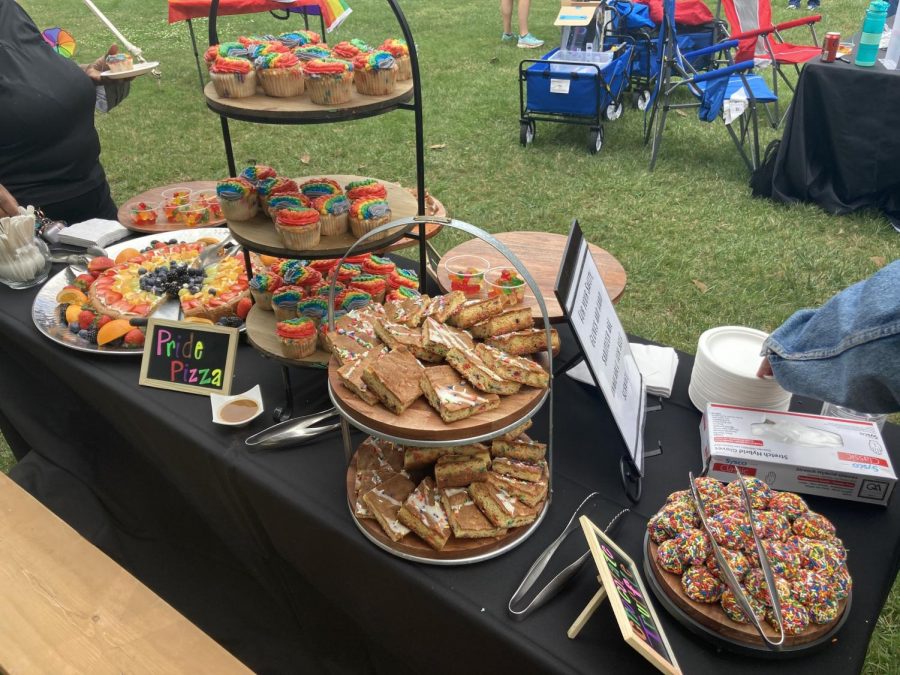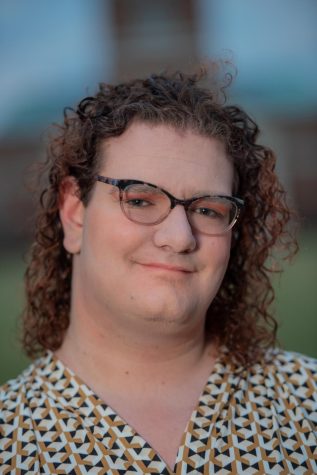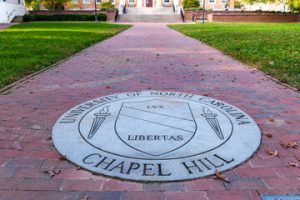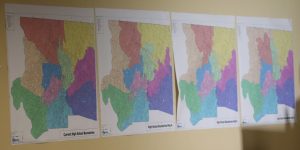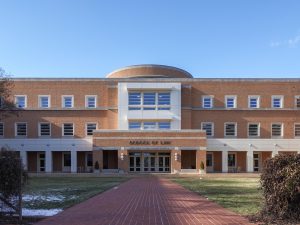LGBTQ+ Center marks Queer History Month
The Center and its partners have planned a full month of programming throughout October
A table at the LGBTQ+ Center’s national Coming Out Day celebration on Oct. 11 decked out with rainbow baked goods attracts the attention of passers-by.
October 14, 2021
Throughout the month of October, the LGBTQ+ Center is celebrating Queer History Month.
Queer History Month has been around since 1994, when a Missouri schoolteacher worked with advocacy organizations like the Gay, Lesbian and Straight Teacher’s Network (now called GLSEN) to found the month, according to the Advocate. Wake Forest’s LGBTQ+ Center has marked Queer History Month for years.
“Here at Wake Forest, Queer History Month takes on unique importance,” LGBTQ+ Center Associate Director Kayla Lisenby-Denson said. “What most places do is celebrate Pride in June, but since we don’t have students here in June, it would be very sad and boring. So, we celebrate Queer History Month and we take a stance that we’re kind of constantly creating our own history. We don’t only look at historical events, we’re really thinking about and celebrating all queer voices and experiences.”
On Oct. 22, the Center will unveil a brand new open-mic event called Soul Sessions, which will be held in Zick’s Underground. The event is open to participation from everyone, but it will center queer voices, according to Ashley Robinson, who is leading the event.
“Soul Sessions is an opportunity for queer people to share any of their artistic talent or expression through spoken word, dance, music or visual art because they don’t often have that platform,” Robinson said
On Monday, which was National Coming Out Day, the Center hosted an event on Manchester Field that attracted many students.
“We had swarms of people, and I was not anticipating that level of engagement,” Lisenby-Denson said.
Freshman Breanna Laws said that events like the National Coming Out Day celebration have helped assuage fears about being queer on campus.
“My favorite thing is when the center holds events for Queer History Month out in the open for all students to participate,” Laws said. “President Wente even visited the celebration put on by the center on National Coming Out Day. I feel like gestures such as this really help queer or questioning students feel less afraid of discrimination because they can see such open acceptance of the community on campus.”
The LGBTQ+ Center has worked to plan a slew of events to celebrate October, and they have also partnered with the Intercultural Center and other partners for intersectional programming.
For example, on Oct. 15, the Center will partner with the Jewish Studies program, the Art Department and the Women’s, Gender, and Sexuality department in hosting an event about radical collaboration in arts activism as it relates to transgender rights.
“We invite our campus partners and community partners to submit programs for our history month calendar, similar to how our colleagues in the intercultural center do for different heritage months and what the Women’s Center does for Women’s History Month in March,” Lisenby-Denson said.
They continued: “Out of the almost 40 events we have this year on the calendar, I would say around half or a little more than half are events coming from the center, but a large number of them are sponsored by — and sometimes completely put on by — our campus and community partners.”
Lisenby-Denson said they believe queer history month is so important because of the lack of representation LGBTQ+ people have in history.
“On a broad scale, celebrating Queer History Month is crucial because it’s so important for us to know our history and how the movement has grown and changed over time,” Lisenby-Denson said. “It also helps us learn where we’ve come from as a movement of LGBTQ folks.”



